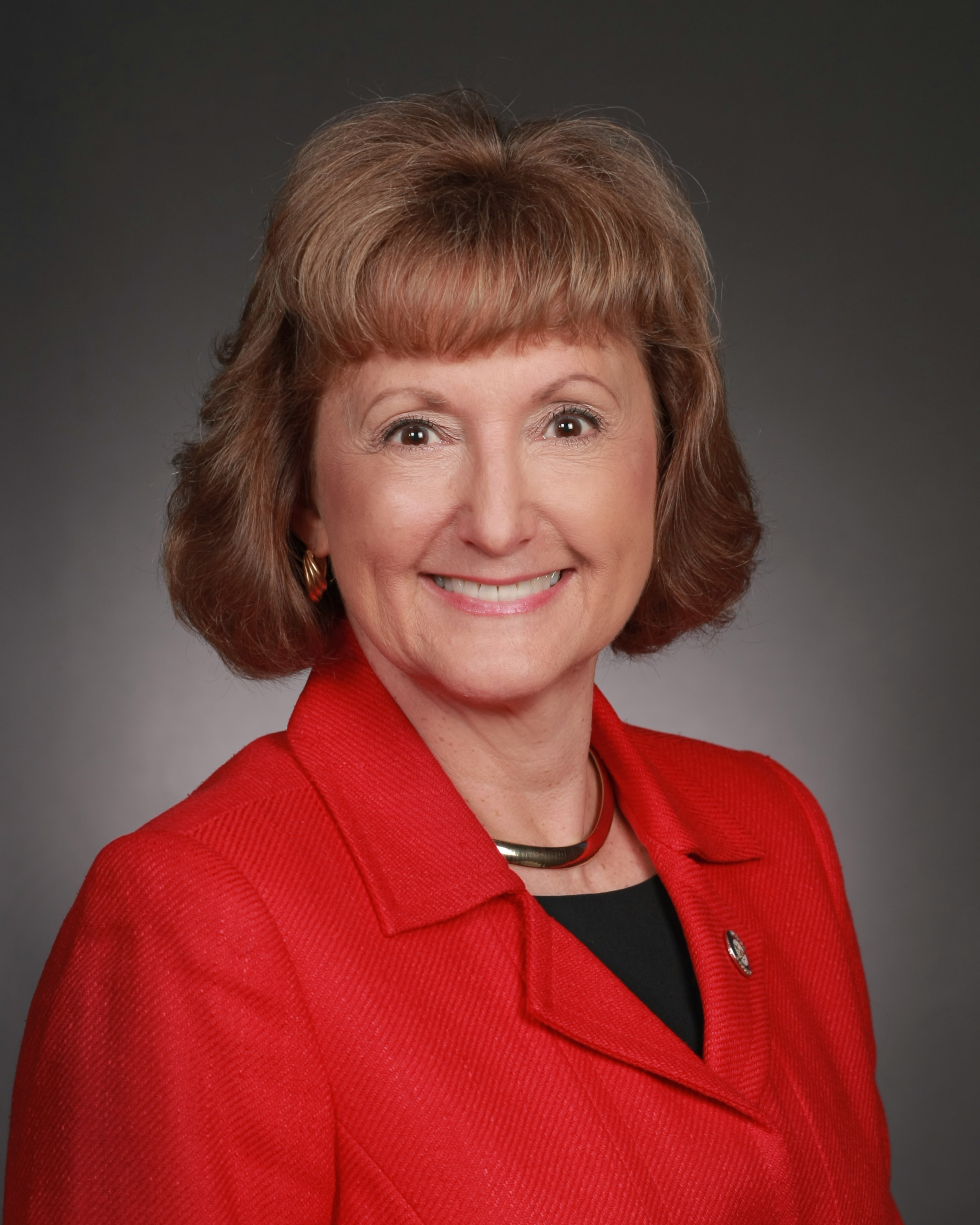Outgoing State Senator Susan Paddack is ready, willing and able to take East Central University’s Oka’ Institute on its maiden voyage through water issues.
Paddack, who was elected to the Oklahoma State Senate (District 13) in 2004, now embarks on a new venture as she has been officially named executive director of the Oka’ Institute, which is designed to bridge the gap between sustainable water management and economic development. The word Oka’ means water in the Chickasaw and Choctaw languages.
Paddack has served as acting director since the opening of the institute in July. The institute is made possible through a variety of public and private funding sources including, Chickasaw Nation, City of Ada, Ada Jobs Foundation Inc., ECU and others.
“My role is to be the convener of various groups in order to achieve the solutions we need,” said Paddack. “We need a collaborative effort in an impartial research venue to ensure sound water decisions are made to positively impact water policy.”
Paddack is no stranger to water issues and achieved honors during her work in the State Senate. The Citizens for the Protection of the Arbuckle-Simpson Aquifer (CPASA) presented her with the Oka’ Award in 2007 for her legislation to develop a sustainable approach to the long-term water use plan for Oklahoma.
She also received the Partners in Conservation Award from the U.S. Department of the Interior in 2009 for her work on artificial aquifer recharge.
“Susan Paddack will make a tremendous executive director for the Oka’ Institute. She has a history of dealing with water concerns on the legislative side,” said ECU President John R. Hargrave. “Her passion for education and research will only enhance the function of the Institute and how it works hand-in-hand with the mission of the university.”
With her background, Paddack feels like she can bring entities together to benefit those with environmental concerns as well as those pushing for economic development with groups like the City of Ada, Ada Jobs Foundation, the Chickasaw Nation and the Robert S. Kerr Environmental Research Center.
She has also assembled an advisory council that consists of representatives from the Chickasaw Nation; U.S. EPA, National Risk Management Research Laboratory, Ground Water and Ecosystems Restoration Division, Ecosystem and Subsurface Protection Branch, Robert S. Kerr Environmental Research Center; City of Ada; City of Ada Water Resource Board; ECU College of Health and Sciences; ECU Environmental Health Science, ECU Department of Environmental Sciences; ECU Department of Political Science and Legal Studies; Hughes County Rural Water District No. 6; Vision Bank; ECU Foundation, Inc.; The Nature Conservancy; Ada Jobs Foundation; Sciences and Natural Resources Foundation and the Oklahoma Water Resources Board.
“This is exciting. There’s been much discussion about this concept and the vision for such an entity in the past,” Paddack said. “I feel this is the right time and we have the right resources and people to make this vision a reality.”
Her 12 years in the State Senate produced networking opportunities concerning water issues, both locally and statewide. She believes those connections and her ability to work with those individuals will enhance the vision of the Oka’ Institute as well.
“Our four primary goals are economic development, education, research, and policy development,” said Paddack, who says the Oka’ Institute is very active incorporating other departments across campus.
According to Paddack, collaborations are in place with ECU’s new master of science in Water Resource Policy and Management degree program as well as providing paid research internships that currently represent ECU from the Programs of Environmental Health Science, and Geography and Geotechniques in the Department of Environmental Sciences that is housed in the College of Health Sciences; Department of Political Science and Legal Studies; Department of Mathematics and Computer Science; Department of Chemistry; Department of Physics; and the Harland C. Stonecipher School of Business.
“One area of research we are focusing on is enhanced aquifer recharge to determine its ramification for our area and possibly other western states that have water shortages,” Paddack said.
On Oct. 26-27, the Oka’ Institute is conducting a water sustainability conference.
“The conference will present a tremendous amount of information about sustainability, drought resiliency, regionalization, the economics of water, and examples of best practices,” said Paddack.
Educating the public has already begun with a discussion of water issues by Stephen H. Greetham who delivered ECU’s annual Lou Watkins Lecture, concerning water law on Sept. 13. Greetham is Chief General Counsel for the Chickasaw Nation’s Division of Commerce and also serves as the Chickasaw Nation’s special counsel on water and natural resources, where he works closely with tribal leadership in the management of complex litigation and resource protection and development strategies.
“The Oka’ Institute is a tremendous benefit to the university, especially bringing in new resources when resources have been limited with the recent budget crisis. The Institute will be an impartial setting that effects positive change for water issues in our area and our state,” Paddack said.
-ECU-

